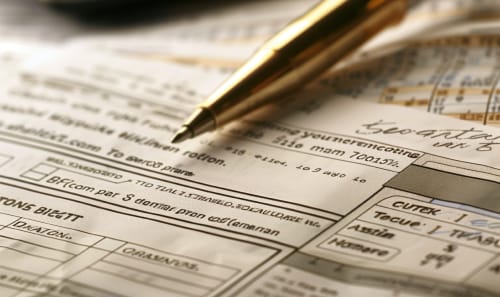These are just a few examples of tax credits that can reduce your tax bill
-
Medicaid expansion participation credit
This credit is provided to employers who offer health insurance to employees through the Medicaid Expansion program. It allows companies to receive tax deductions to compensate for a portion of the cost of providing health insurance to their employees.
-
Employee retention credit
Introduced during the COVID-19 pandemic, this credit is designed to help employers retain jobs. It enables companies that continue to pay their employees during economic hardships to receive tax deductions for a certain portion of wages.
-
Education credit
This credit is provided to help taxpayers pay for education expenses. It may include payments for courses, educational materials, books, and other educational expenses. The credit may be available to both the taxpayer and their dependents if they are attending educational institutions.
-
Water treatment and purification system installation credit
This credit is provided to homeowners who install quality water treatment and purification systems in their homes. It helps offset some of the costs associated with purchasing and installing such systems and promotes the adoption of environmentally friendly technologies.
-
Renewable energy source utilization credit
This credit is provided to taxpayers who invest in the installation and use of renewable energy sources such as solar panels, wind turbines, or geothermal systems. It encourages the transition to clean energy sources and reduces dependence on oil and gas resources.
-
These are just a few examples of tax credits that can reduce your tax bill. It is important to consult with a tax professional or accountant to determine your eligibility for these credits and ensure compliance with tax laws and regulations. By taking advantage of them, you can significantly reduce your expenses and improve your financial situation.
